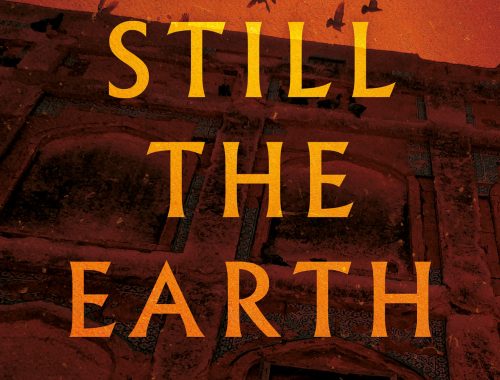Charles Dickens: My Life

When Charles Dickens died prematurely on the 9th June 1870 aged only 58, he left behind a legacy unsurpassed in English fictional literature. But he also wanted to write his true life story and this remained undone. 150 years on from his death, I have found that sufficient material has now been uncovered to enable that narrative of his life story to be produced for the first time. Research amongst 15,000 of his letters, journalistic articles, documents and other relevant material connected to him have all combined to make it possible for me to piece together that evidence and, guided by the way he wrote his two travel books, has resulted in the production of this personal story in his own words that he so desired to tell. It shows exactly how, from difficult beginnings, he descended into acute humiliation and abject poverty, before then emerging due to his talent and incredible resolve, into one of the most famous men and popular authors the world has ever known. It chronicles his enormous public triumphs and his profound private turmoils, as well as the secret life he led when, on his own admission, he became “seized with lunacy”. It includes his two momentous visits to America, and his withering and radical opinions of institutions and situations he found there, as well as those he encountered at home – all expressed in his own inimitable style. This is his compelling and personal narrative, put together for the first time in a way that he wished his legacy to be told. It is the real and true story of his life.
How I Researched My Book
After hearing that Dickens may have led a secret life, I began by reading modern biographies of him to try and find out more and then turned the clock back to read the 3 volumes on his life produced by his friend John Forster shortly after Dickens had died in1870. I still did not feel I knew the real and true story about him when, by chance in 2004, I became a Judge in Portsmouth. I visited the humble house of his birth and as I stood in the bedroom where he was born, the question went through my mind: ”How did he get from here to the life of fame he went on to lead, and how much of this did he explain in his own words?” I then began further research, focussing only on things that Dickens had said about his life. This included not only what he had told Forster in secret about his childhood, but studying in detail 15,000 of his letters that had now been published, details of what he had written in his journalism and other documents relating to him, as well as verbatim transcripts of his speeches and faithful reports from people who had witnessed other things that he had said. I put this gigantic jigsaw of his reporting of his life into a continuous narrative form using his words, so that for the first time in 150 years the true sequence of his life is set out as he had wanted to do himself, but had left undone by the time of his untimely death at the age of 58.



